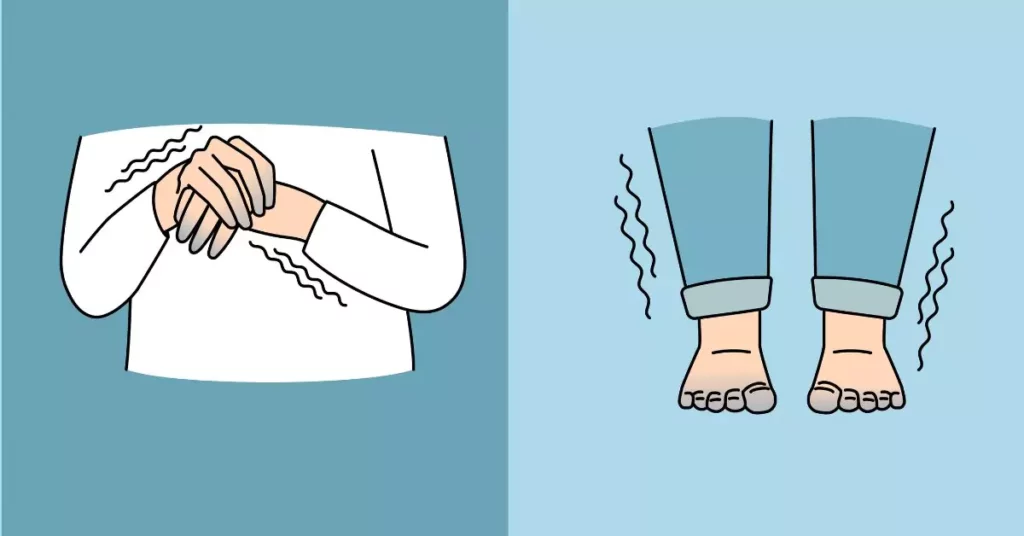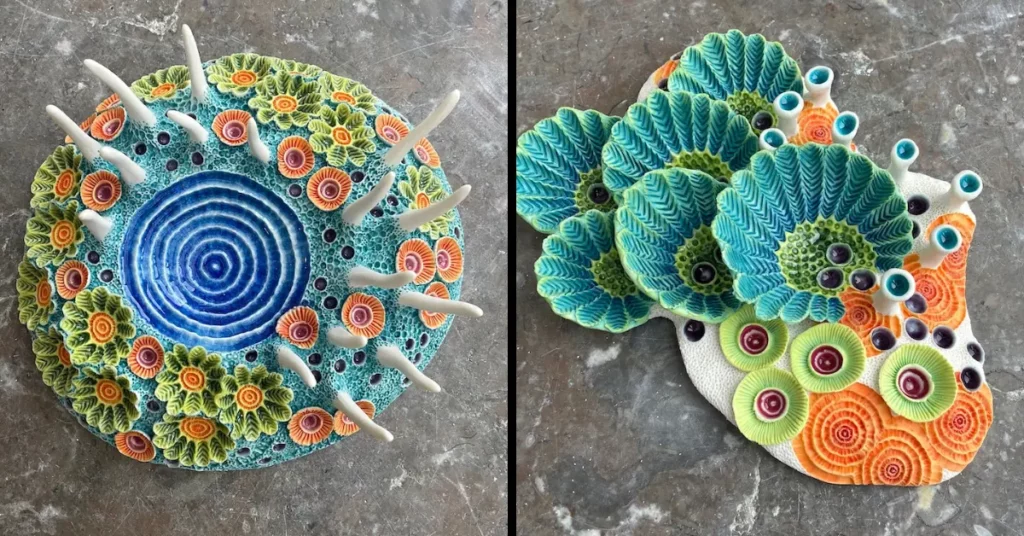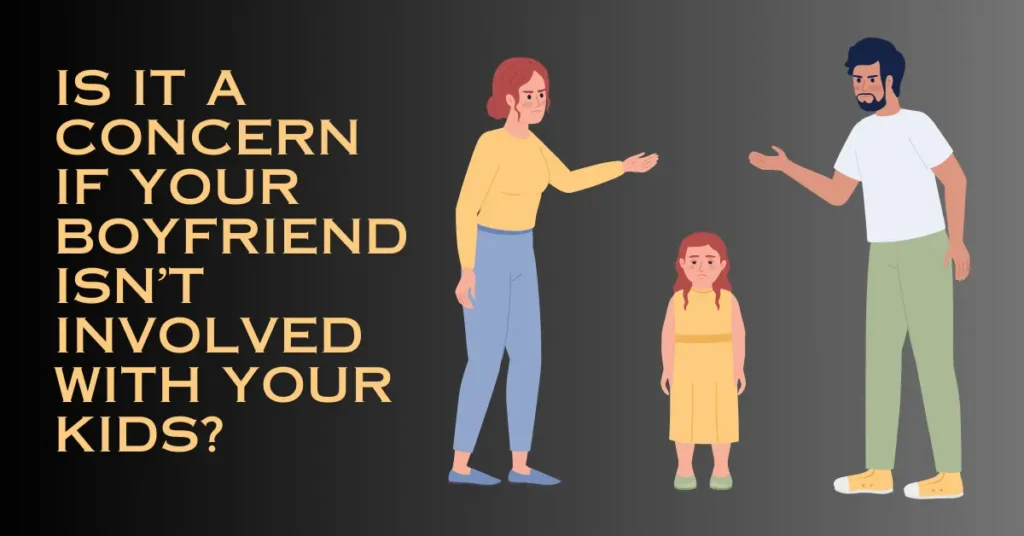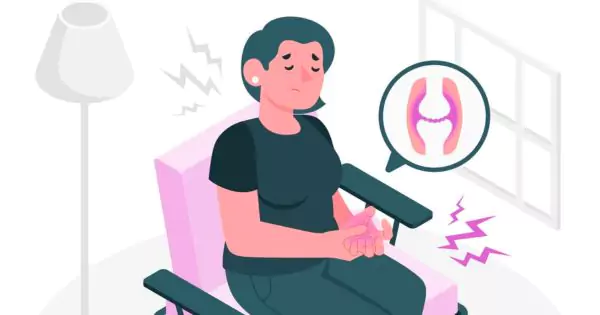Have you found yourself yearning for someone to love you, and the reasons behind this longing remain unclear? Before labeling yourself as desperate, it’s essential to discern whether your desire for love stems from a healthy eagerness or a deeper need. While the pursuit of love is a natural human inclination, understanding the motives behind it is crucial for personal growth.
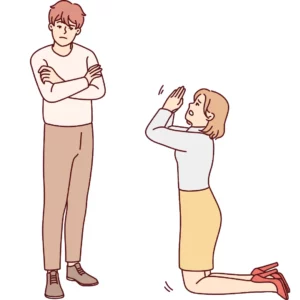
Love serves as a catalyst for individuals to intertwine their lives with someone special, facilitating personal and collective progress. Whether the shared journey involves starting a family, buying a home, or exploring the world, many find joy and motivation in the companionship of a significant other.
The emotional connection that love brings not only quickens the pursuit of goals but infuses them with passion. Without a partner to share in the joys, hobbies, and goals of life, individuals often feel incomplete and bored. The societal pressures exacerbated by social media can instigate feelings of inadequacy, pushing people towards seeking relationships to achieve perceived happiness.

However, it is crucial to distinguish healthy desires for companionship from unhealthy envy or societal pressure. While relationships can add richness to life, they should not be pursued as a remedy for anxiety, depression, loneliness, or insecurity.
The innate human need for connection and companionship is not a weakness. While single life offers valuable lessons in self-reliance, there is an undeniable preference for sharing experiences with a beloved partner. Even introverts, who typically value solitude, appreciate the enriching dynamics of one-on-one connections.
Loneliness, a leading cause of depression, sleep deprivation, and increased stress, underscores the fundamental human necessity for interpersonal relationships. Friendships, while fulfilling the social aspect of life, may not satiate the deeper yearning for love and emotional connection.
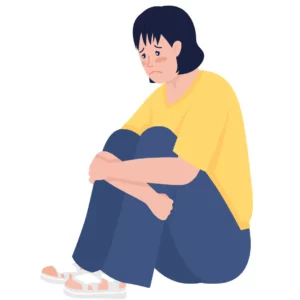
Attachment styles developed in childhood significantly influence adult perceptions of love. A secure childhood attachment often results in healthy self-sufficiency, while avoidant or anxious attachments can lead to emotional distance or a constant need for approval, respectively. Identifying one’s attachment style and understanding its origins is essential for addressing the root causes of the desperate longing for love.
It is crucial to differentiate between a healthy desire for love and a need to use a relationship as a solution to personal problems. Seeking love from a place of anxiety, depression, financial stress, loneliness, laziness, or insecurity can strain relationships and hinder personal growth.
Individuals should introspectively examine their motivations for seeking love and address underlying issues before embarking on a quest for a romantic partner. Improving oneself and achieving personal stability should precede bringing another person into the picture.
Here are several potential reasons for your intense desire to be in a relationship:
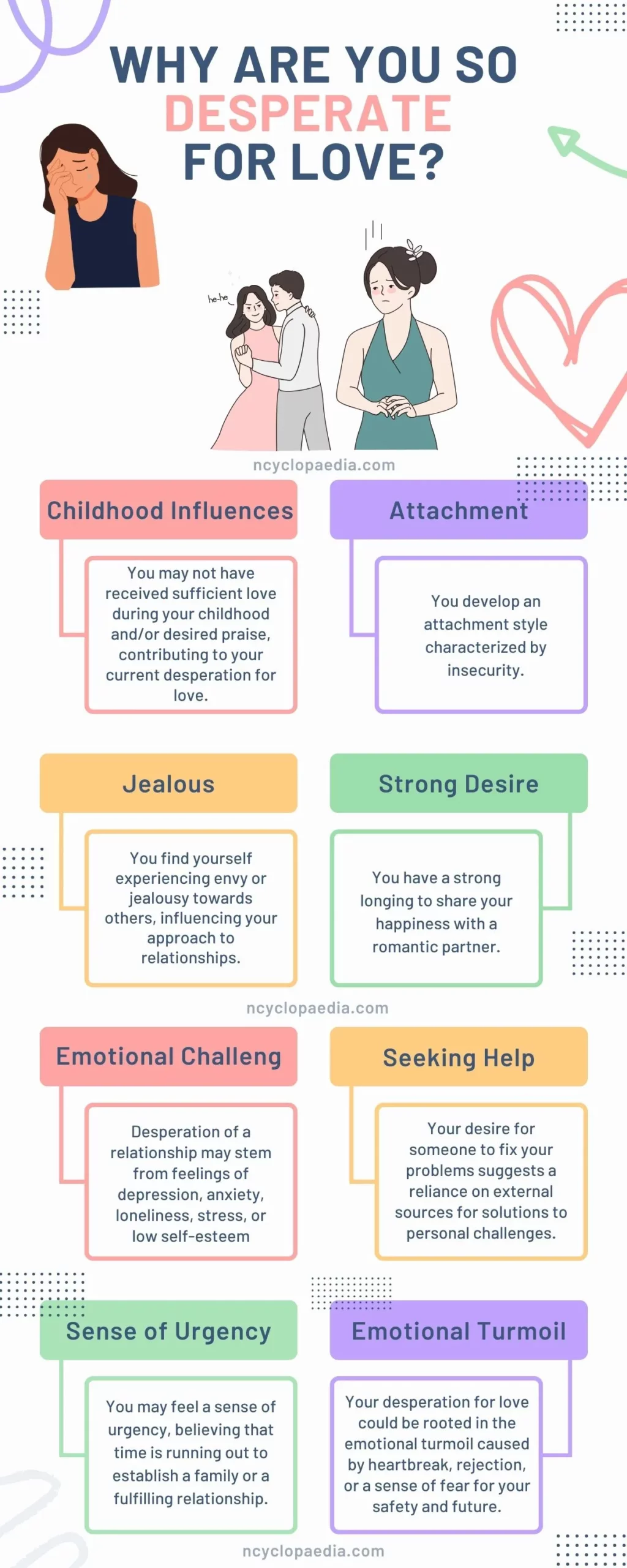
Why am I so desperate for someone to love me?
If you find yourself desperately seeking love without understanding the reasons behind your yearning, acknowledging this awareness is the first step toward positive change. Many individuals unconsciously chase love without questioning their instincts, which may not always lead to fulfilling outcomes.

Desperation often arises from a lack of self-confidence, attracting individuals who share similar insecurities. Confident individuals perceive desperation as exhausting and weak, leading to potentially problematic relationships. Addressing low self-esteem is crucial for fostering healthy connections and preventing unnecessary strain on relationships.
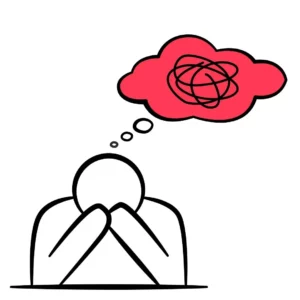
Low self-esteem, if left unaddressed, can contribute to depression, anxiety, and over-reliance on partners for support. While low self-esteem may not be the most significant challenge in a relationship, its impact should not be underestimated. Improving self-perception is essential for maintaining a balanced and fulfilling romantic relationship.
What to do when you’re desperate for love?
If you recognize feelings of desperation for love, it is essential to evaluate the outcomes of such desperation. Consider the impact on your life and whether desperation has led to the desired results. Desperation often increases the likelihood of making mistakes and experiencing pain when relationships falter.

Acknowledging the negative consequences of desperation is the first step toward positive change. Understand the triggers behind your desperation, express your thoughts and feelings through journaling or therapy, and focus on self-improvement. Remind yourself that self-love is a crucial foundation, and being single is a strength, not a weakness.

To overcome desperation for love, engage in activities that boost self-esteem, rewire limiting beliefs, and take the time to learn more about yourself. Avoid rushing into relationships and instead concentrate on personal growth. A transformed self-perception will pave the way for a healthier, balanced approach to romantic relationships in the future.




